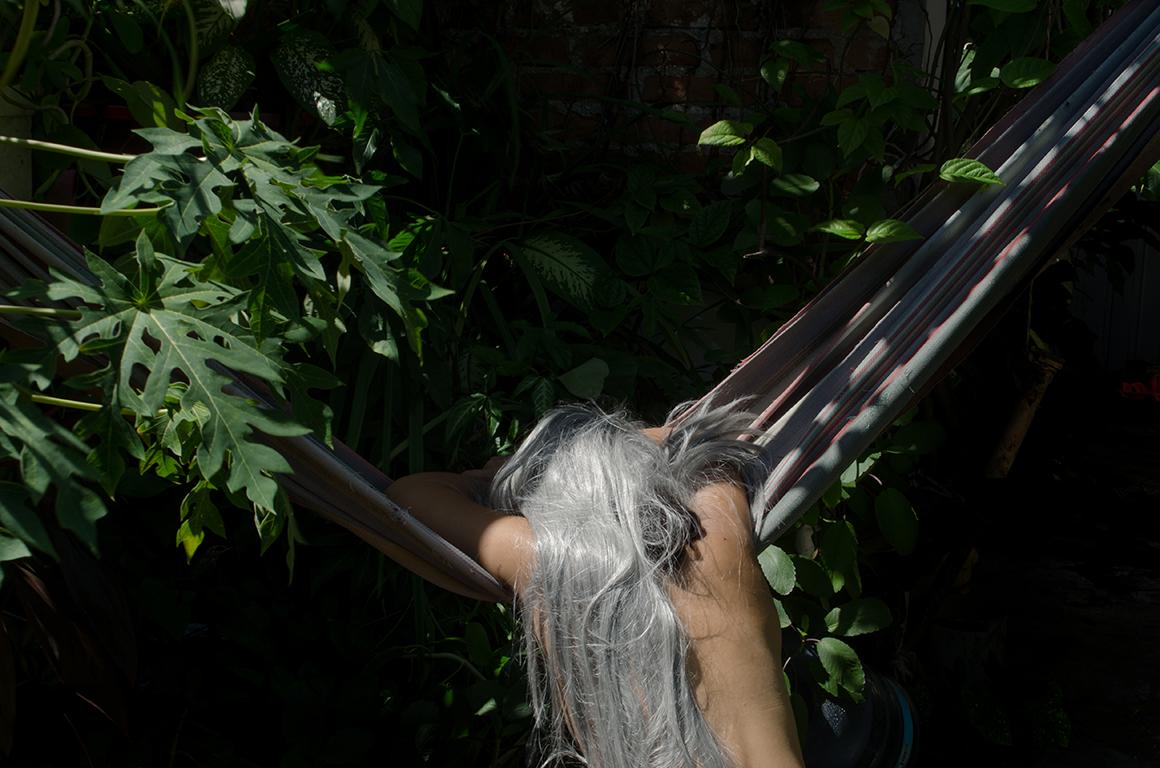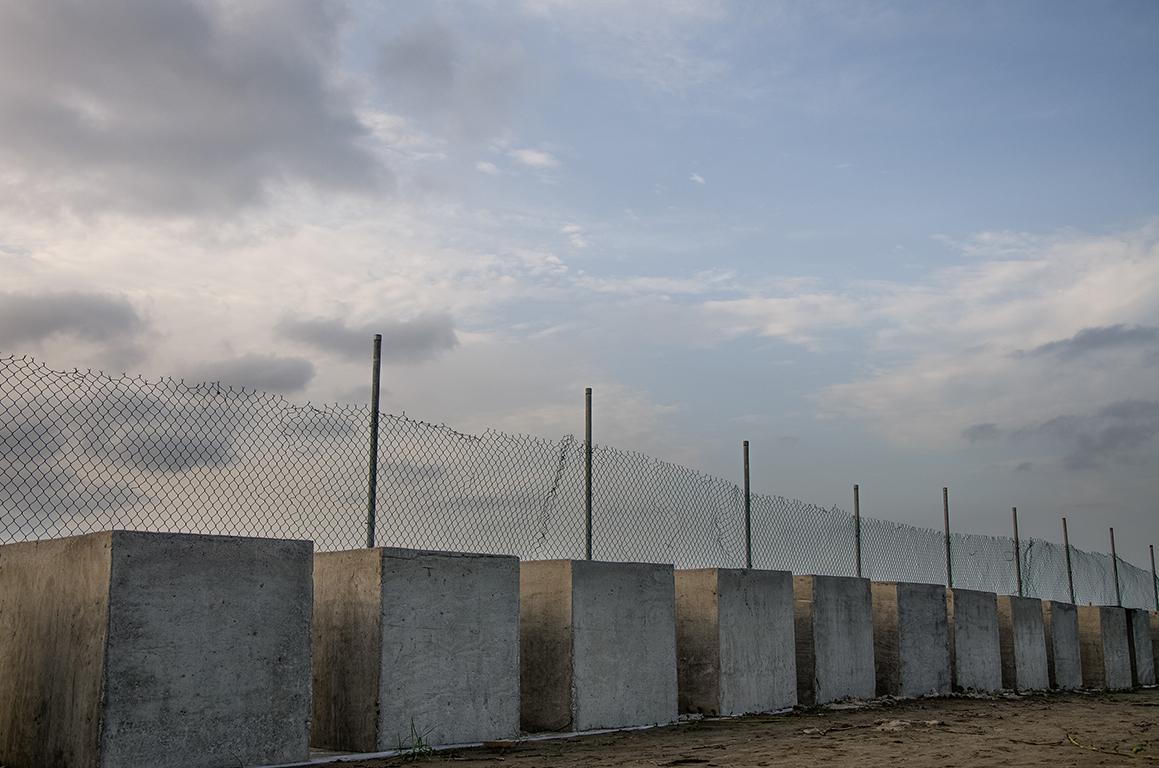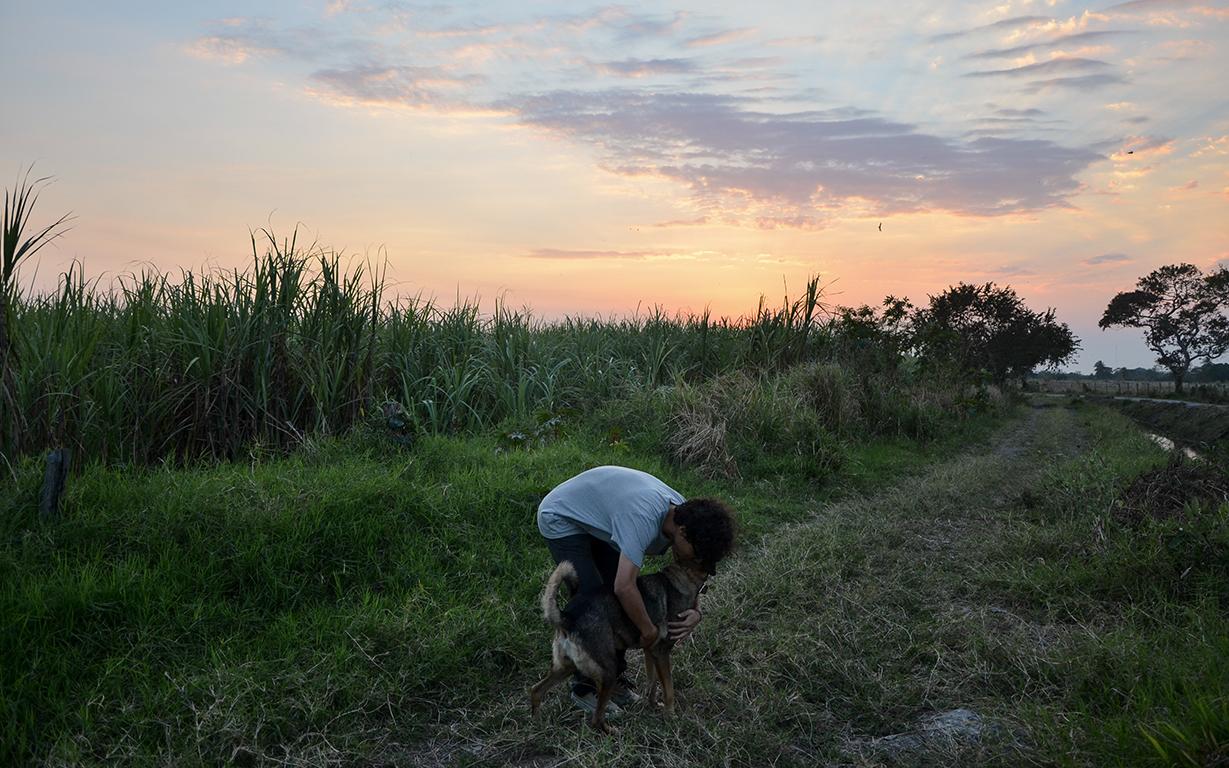I was born in San Salvador, El Salvador and I am Mexican by birth because my mom is Mexican. In 2011, after the divorce of my parents, at the age of 17 I arrived in their land, Veracruz. That was one of the most violent years for the state and I remember my mother repeating that she had returned to a dark place. Migrating in that sense, was not to change territory but to lose the floor. The project is a compilation of internal and external landscapes, of my daily life and symbolic representations of the importance of absence.
According to the 2017 report of the Ministry of Foreign Affairs of El Salvador, for 2015 it was estimated that there is an approximate of 3,100,506 Salvadorans residing abroad, representing a third of the total population of El Salvador that , for the same year, it was estimated at 6,401,415 inhabitants.
Recognizing ourselves in a new territory implies a double experience, of recognizing the territory as a foreign space and of being recognized as a foreign one, in this sense migrating is not a problem, it is a process that generates more complex societies, given that migrations are an ancient activity that occurs worldwide.
Borders are not where we think they are. This project for me is part of an adaptation process that implies an appropriation of the territory, I am interested in opening a dialogue about the alien space and the inability to take root; for in that mirror, to be able to recognize ourselves as human beings that we pass through a physical territory that shares a symbolic imaginary of home.




















